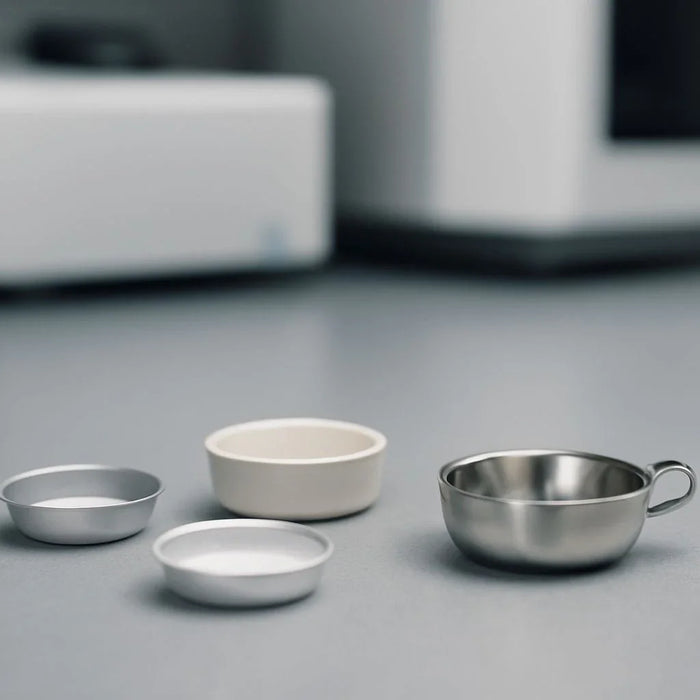
Understanding the Technical Specifications of Mettler Toledo Thermal Analysis Pans
Mettler Toledo thermal analysis pans are designed for high precision in temperature measurements. Key specifications like material types (aluminum, platinum, ceramics) and size precision ensure accurate and reproducible results in thermal analysis tests. Selecting the right pan depends on factors such as temperature range, sample type, and required sensitivity for your experiment.








